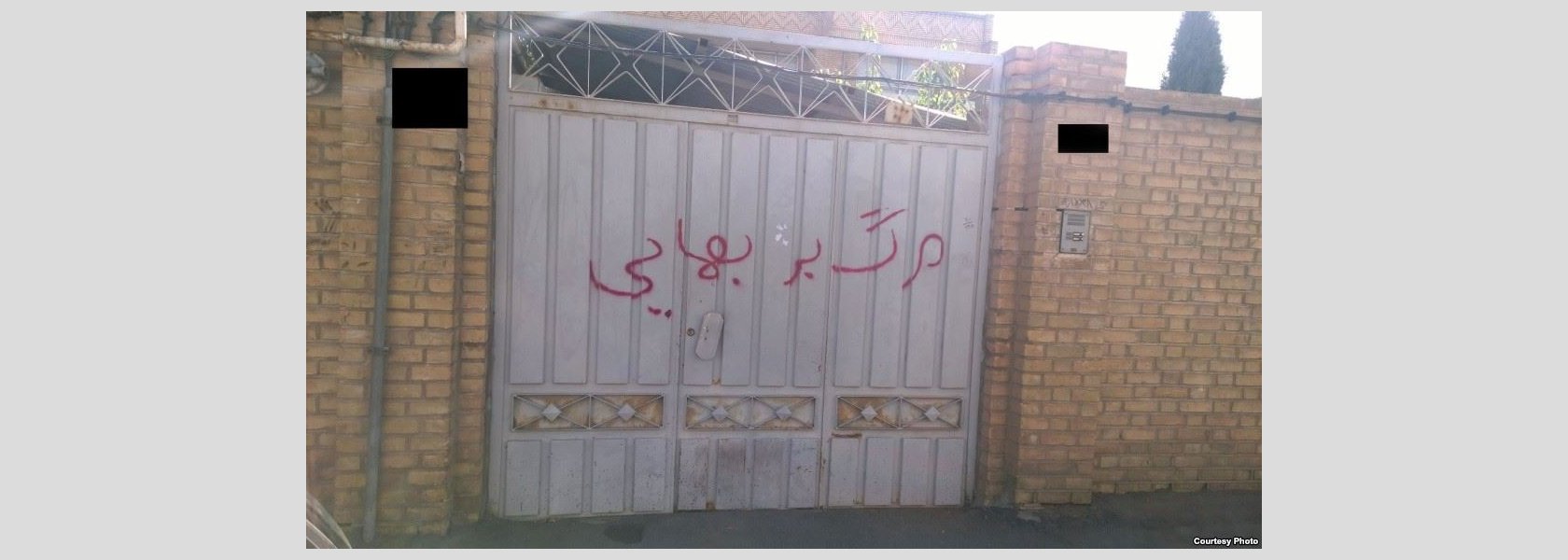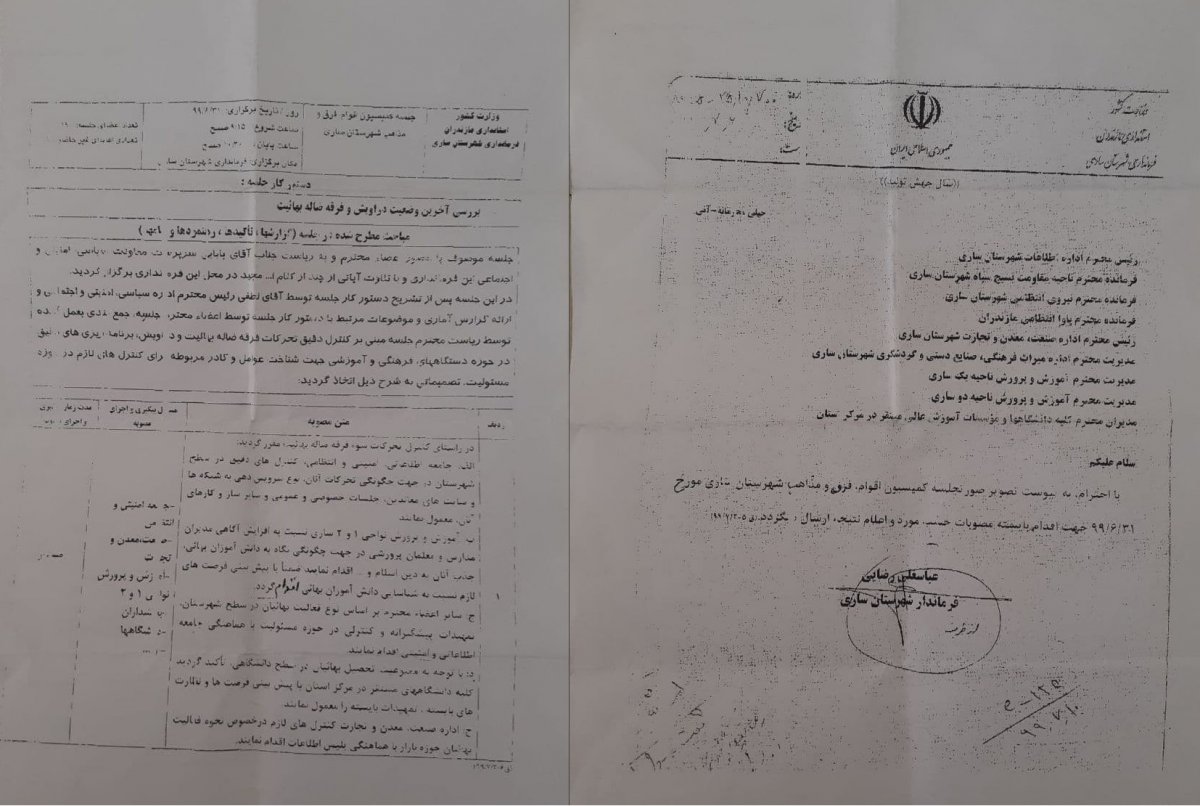Source: www.fidh.org
 Joint FIDH-LDDHI Statement
Joint FIDH-LDDHI Statement
The League for the Defence of Human Rights in Iran (LDDHI) has received a copy of the minutes of a “top confidential” meeting held on 21 September 2020 in the city of Sari, Mazandaran Province, during which a high-level government commission decided to significantly increase the repression of religious minorities not recognised by the Islamic Republic’s Constitution, in particular the Baha’is.
Furthermore, the participants took the decision to control all activities of the Baha’i community, and to instruct education officials to “identify and oversee” Baha’i students, and to “bring them back” to Islam.
“These measures reflect the Iranian government’s intensifying persecutionagainst followers of the Baha’i faith. In contravention of Iran’s international legal obligations, the authorities consider them heretics, ban their religion, and view the practice of the Baha’i faith as a subversive act,” said LDDHI president and FIDH Honorary President Karim Lahidji.
LDDHI and FIDH call on the international community to urge Iranian officials, in bilateral and multilateral meetings, to respect the right to freedom of religion or belief in Iran, in accordance with the country’s legal obligations under Article 18 of the International Covenant on Civil and Political Rights (ICCPR), to which Iran is a state party.
Background
The Baha’i faith is not recognised under the Iranian Constitution. Over 200 of its followers were executed after the 1979 Islamic revolution, while others were assassinated. Its followers are persecuted, arrested, frequently face judicial harassment and unfair prosecution, and are occasionally victims of extrajudicial killings [1], because of their faith.
Followers of the Baha’i faith are deprived of higher education, and persecuted in schools. They are prohibited from seeking employment in the public sector and their private businesses are subject to various types of unfair legal pressure and brutal administrative closures. In addition, private companies that employ Baha’is face great pressure from the authorities.
[1] See the October 2020 joint LDDH-FIDH report: No one is spared – The widespread use of the death penalty in Iran, page 34.
Translated document:
 Loading...
Loading...
Original document:

Leave a Reply